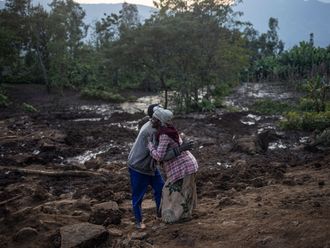Islamabad/Kabul: Pakistani military intelligence not only funds and trains Taliban fighters in Afghanistan but is officially represented on the movement's leadership council, giving it significant influence over operations, a report said.
The report, published by the London School of Economics, a leading British institution, yesterday, said research strongly suggested support for the Taliban was the "official policy" of Pakistan's Inter-Services Intelligence (ISI) agency.
Although links between the ISI and militants have been widely suspected for a long time, the report's findings, which it said were corroborated by two senior Western security officials, could raise more concerns in the West over Pakistan's commitment to help end the war in Afghanistan.
The report also said Pakistani President Asif Ali Zardari was reported to have visited senior Taliban prisoners in Pakistan earlier this year, where he is believed to have promised their release and help for militant operations, suggesting support for the Taliban "is approved at the highest level of Pakistan's civilian government".
In Islamabad, Pakistani presidential spokeswoman Farah Ispahani dismissed the allegations as "absolutely spurious". She said there "seems to be a concentrated effort to try to damage the new Pakistan-American strategic dialogue".
Militants were feeling the pressure, she added, because "we will rout them from every area of Pakistan we find them in". Major General Athar Abbas, spokesman for the Pakistani army, which controls ISI, rejected the report, calling it "rubbish".
"In the past, these kinds of baseless and unsubstantiated allegations have surfaced and we have rejected them," said Abbas.
He pointed out that ISI has suffered many casualties fighting militants in the country. "Pakistan appears to be playing a double-game of astonishing magnitude," said the report, based on interviews with Taliban commanders, former senior Taliban ministers and Western and Afghan security officials.
‘Apparent duplicity'
"The Pakistan government's apparent duplicity — and awareness of it among the American public and political establishment — could have enormous geo-political implications," said the report's author, Matt Waldman, a fellow at Harvard University.
"Without a change in Pakistani behaviour it will be difficult if not impossible for international forces and the Afghan government to make progress against the insurgency," Waldman said in the report.
The report said interviews with Taliban commanders in some of the most violent regions in Afghanistan "suggest that Pakistan continues to give extensive support to the insurgency in terms of funding, munitions and supplies".
"These accounts were corroborated by former Taliban ministers, a Western analyst and a senior UN official based in Kabul, who said the Taliban largely depend on funding from the ISI and groups in Gulf countries," the report said.
Almost all of the Taliban commanders interviewed in the report believed the ISI was represented on the Quetta Shura, the Taliban's supreme leadership council based in Pakistan.
"Interviews strongly suggest that the ISI has representatives on the [Quetta] Shura, either as participants or observers, and the agency is thus involved at the highest level of the movement," the report said.
The report also said Zardari, and a senior ISI official, allegedly visited some 50 senior Taliban prisoners at a secret location in Pakistan where he told them they had been arrested only because he was under pressure from the United States. "[This] suggests that the policy is approved at the highest level of Pakistan's civilian government," the report said.
Afghanistan has also been highly critical of Pakistan's ISI involvement in the conflict in Afghanistan. Last week, the former director of Afghanistan's intelligence service, Amrullah Saleh, resigned saying he had become an obstacle to President Hamid Karzai's plans to negotiate with the insurgents.
Have your say
Study by the London School of Economics says that Pakistan’s ISI is providing funding and training to the Taliban in Afghanistan. Do you think this is true? Is it impossible to win the war in Afghanistan without Pakistan’s help?


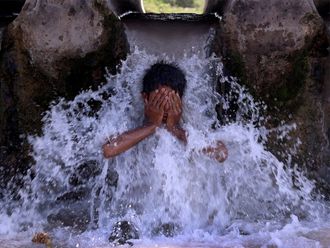
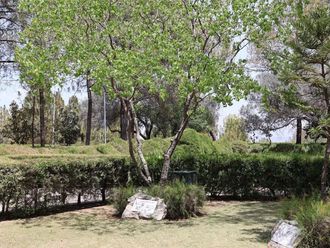
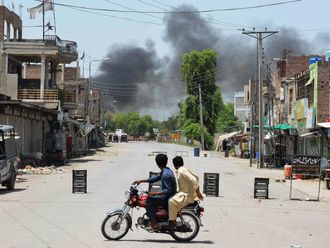
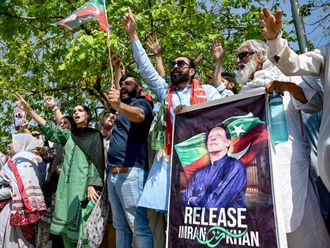
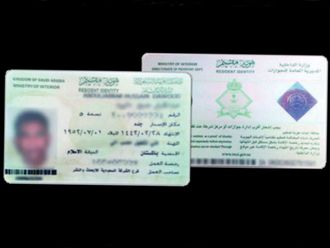


_resources1_16a30b3523c_small.jpg)
